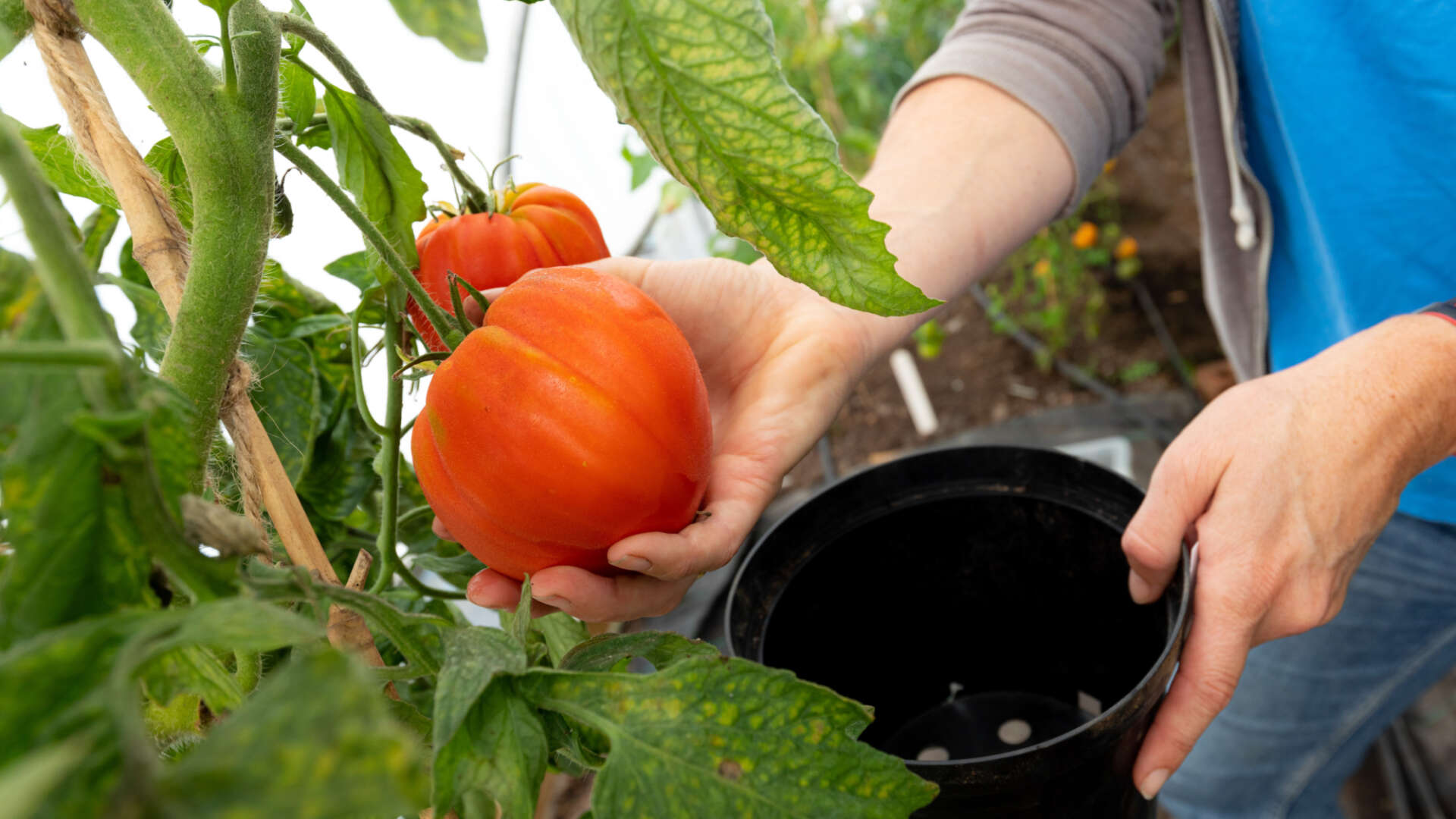IFOAM declares new genetic engineering techniques not compatible with organic growing

The aim is provide clarity on what techniques are compatible with organic systems. This comes at a crucial time when these new breeding techniques (NBTs) are under consideration by EU lawmakers as to whether they should be treated in the same way as GMOs.
NBTs, such as CRISPr, are developed by scientists to 'edit' the genome of a plant. It therefore differs from older systems of genetic engineering which inserted new, foreign genes. Despite being heralded by scientists as a new, precise, method of engineering - there are still many unknown knock-on effects, yet to be understood or mapped. As Dr Roberta Steinbrecher of Econexus explains "The plant's genome is not like lego, you can't remove or add bits and not affect the plant's DNA. Genetic engineering will inevitably cause mutations. Some good, some bad - and many unknown."
The IFOAM paper states that "New genetic engineering technologies ...are not compatible with organic farming and must not be used in organic breeding or organic production." It goes on to list the specific techniques, and calls for "clear legal definitions to be in place which are regularly updated".
The paper also states "Products obtained through genetic engineering processes should not be released into the environment. In any case such releases should not take place without a prior rigorous, multistakeholder designed and agreed risk assessment protocol that includes input from the organic sector and like-minded movements, and an assessment of the possibility to prevent the presence of such products in organic products and GMO-free products."
IFOAM asks for the 'Polluter Pays' principle to be maintained. This means "On-going costs and harms to organic and non-GMO supply chains from contamination by these new techniques ... should be borne by the developers and/or the company that puts the product on the market." Although the principle is one of the EU directives, sadly it is not guaranteed in post-Brexit Britain.
See here for the full paper. And here for a further information on NBTs and genetic engineering in general.